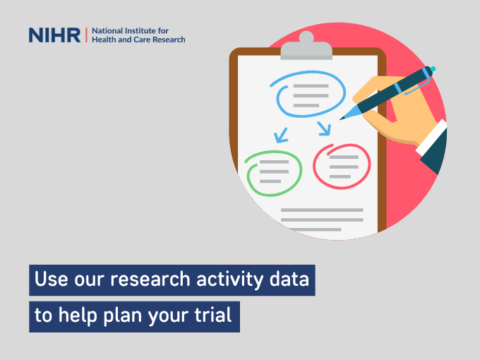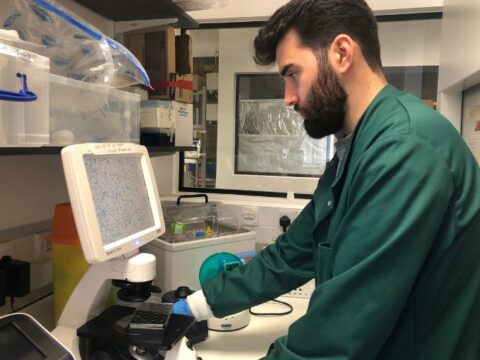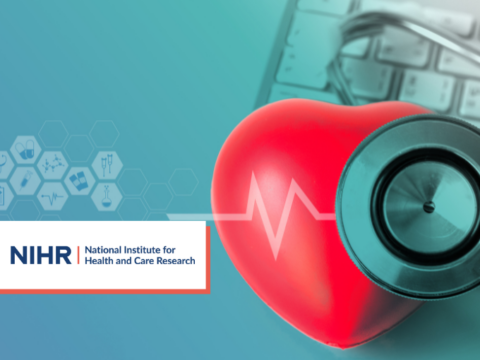Principles of design for UK Biobank and implications for its use - UK DRI Biobank Webinar
Prof Naomi Allen (UK Biobank)
Speaker bio
Naomi Allen is a Professor in Epidemiology, based in the Nuffield Department of Population Health, University of Oxford. She joined UK Biobank as Senior Epidemiologist in 2011, and became Chief Scientist in 2019, where she is responsible for co-ordinating the future scientific strategy of the resource, including following-up participants’ health through linkage to routine health-related datasets and web-based questionnaires. Her research interest is largely in the role of diet, obesity and circulating biomarkers in cancer development.
About Biobank webinar
This talk was part of a special webinar from the UK Dementia Research Institute exploring opportunities to harness the UK Biobank's data resources for dementia research. In the session, speakers discussed how the resource was designed, how it can be accessed and exciting ways that it is being developed to increase its future utility.
The webinar was chaired by Prof Paul Matthews (Centre Director, UK DRI at Imperial) and Prof Ioanna Tzoulaki (Imperial College London).
Links to all the talks from the sessions can be found below:
- Prof Naomi Allen (UK Biobank) - Principles of design for UK Biobank and implications for its use - https://youtu.be/URJCDOOwZEs
- Dr Eugene Duff (UK DRI at Imperial) - Does SARS-CoV-2 infection trigger neurodegenerative pathology? - https://youtu.be/47npIF9-0Ho
- Dr Cynthia Sandor (UK DRI at Cardiff) - Wearable devices can identify Parkinson’s disease up to 7 years before clinical diagnosis - https://youtu.be/sBNARp9mmVI
- Prof Valentina Escott-Price (UK DRI) - Improving the prediction of Alzheimer’s disease - https://youtu.be/2Svdrt3Uefw
- Dr Abbas Deghan (UK DRI at Imperial) - Discovery of novel causal genes shared between Alzheimer’s disease and cardiovascular disease - https://youtu.be/suL9qXP5O4o
If you enjoyed this session about UK Biobank, catch up on a recent webinar hosted by DNAnexus exploring longitudinal and multimodal data science approaches to dementia & multimorbidity in late-life disease - https://youtu.be/44ZGPnz9GLM
To hear about the latest news and events from the UK DRI, sign up to our monthly newsletter: https://tinyurl.com/ukdri-newsletter
About UK Biobank
UK Biobank is a 500,000-person prospective longitudinal population-based resource harbouring health records, genetic information and a wealth of fluid biomarker and imaging data, as well as measures of physical health, cognitive and sensory functions. It is uniquely rich amongst open, large population data resources for the extent of the subject phenotyping, which includes in depth, research quality multi-organ clinical imaging currently on more than 60,000 participants
Currently, participants are ~46-85 years old with 15 years follow-up. The numbers of incident dementias in the cohort are rising rapidly from ~5000 in 2020 to 14,000 expected by 2030. Thus, UK Biobank ‘Big Data’ is a prime resource for dementia research, especially to understand risk factors, early disease stages and progression.
4

 Print This Post
Print This Post






